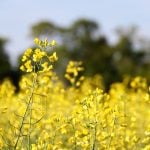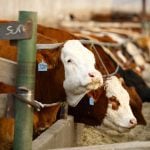
Tag Archives Sustainable agriculture

The problem with ‘all-you-can(‘t)-eat’ dining
Study says unfinished meat wastes more resources than other foods
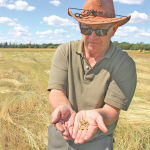
Perennial grain crops are one step closer
The goal is to find ways to grow food that will reduce the need for fertilizers, herbicides, and annual seed purchase
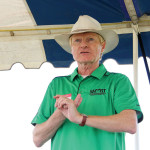
Higher seeding rate needed for organic soybeans
Transitioning to organic soybeans is possible with strategic planning
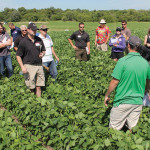
Black earth doesn’t equate to warmer soil temperatures
Spaces went fast for this year’s Manitoba Pulse & Soybean Growers SMART Day

Going against the flow on water quality issues
Strong leadership is needed to address problem of deteriorating water quality

Precision tillage offers new option for organic weed control
Frustrated with lack of weed control, organic farmer Jeremiah Evans has tried a U.K.-made in-row cultivator and he’s impressed with the results
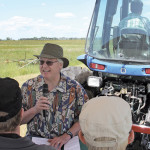
Glenlea Research Station opens its fields to the public on July 8
Mark your calendar to come walk the fields, check out the plots and the composting at this year’s Glenlea field day
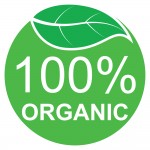
Federal government pledges $1.2 million to help expand organic farming
Western Economic Diversification funds will help western organic growers compete in lucrative global organic food market
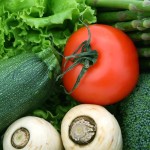
Editorial: Demand pull nature of organic foods can’t be ignored
The market for organic foods continues to grow in spite of naysayers
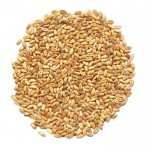
Prairie-wide innovation fund for organic grains soon underway
Demand for organic grains increasing while maintaining the supply poses problems

